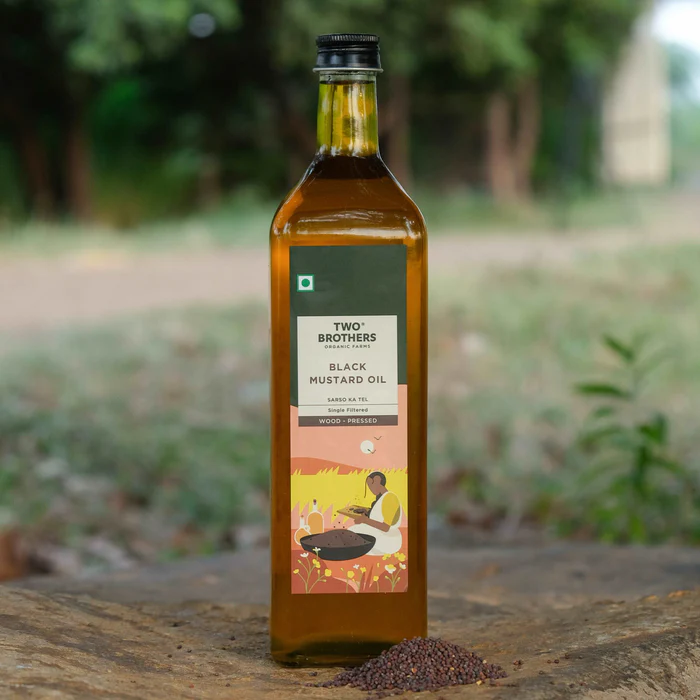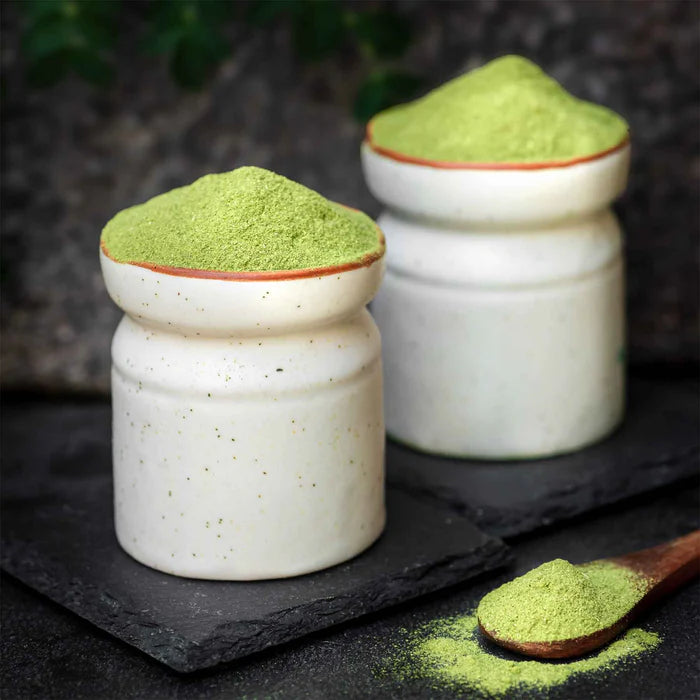Introduction
Coconut oil has been a staple in homes worldwide, known for its versatility and numerous health benefits. From nourishing your hair and skin to enhancing flavors in your cooking, coconut oil has earned its place as a wellness and culinary favorite. However, with various types of coconut oil available, it can be challenging to understand which one suits your needs best. In this ultimate guide, we’ll delve into everything you need to know about coconut oil, including its types, benefits, and practical uses.
What is Coconut Oil?
Coconut oil is derived from the meat or kernel of mature coconuts, offering a rich source of healthy fats, particularly medium-chain triglycerides (MCTs). These fats make coconut oil unique, as they are metabolized quickly by the body, providing a source of quick energy. Due to its nutrient density, coconut oil is a popular choice in health and beauty routines, as well as in culinary applications.
Types of Coconut Oil
Understanding the different types of coconut oil can help you choose the best option for your specific needs, whether you’re looking for a beauty remedy or a cooking staple.
1. Virgin Coconut Oil
Virgin coconut oil is extracted from fresh coconut meat without undergoing high heat or chemical processing. It retains most of its natural nutrients and flavor, making it an ideal choice for both skincare and culinary uses. Virgin coconut oil is considered one of the purest forms of coconut oil.
2. Extra Virgin Coconut Oil
Though often confused with virgin coconut oil, extra virgin coconut oil is essentially the same in terms of processing. The term "extra virgin" is not regulated in coconut oil production, but some brands use it to emphasize purity and quality.
3. Cold-Pressed Coconut Oil
Cold-pressed coconut oil is made by pressing fresh coconut meat without using heat. This method helps preserve the oil's nutrients, antioxidants, and natural flavor. Cold-pressed coconut oil is ideal for skincare and beauty routines due to its high nutrient retention.
4. Pure Coconut Oil
Pure coconut oil generally refers to oil that has not been refined, bleached, or deodorized (RBD). This oil is often used in personal care for its natural scent and moisturizing properties, as well as in food preparation.
5. Organic Coconut Oil
Organic coconut oil is made from coconuts grown without synthetic fertilizers or pesticides. It’s particularly popular among those who prioritize eco-friendly and sustainable products.

Benefits of Coconut Oil
Coconut oil’s popularity isn’t just a fad—it’s backed by an array of benefits for hair, skin, and overall health. Let’s explore some of these advantages in detail.
Coconut Oil for Hair
One of the most well-known uses of coconut oil is for hair care. Packed with fatty acids and vitamins, coconut oil nourishes the scalp and promotes healthy hair growth.
Coconut Oil Benefits for Hair
Using coconut oil regularly can:
- Strengthen hair, reducing breakage and split ends.
- Moisturize and add shine, especially to dry or damaged hair.
- Protect hair from protein loss, making it an ideal pre-shampoo treatment.
Virgin Coconut Oil for Hair
Virgin coconut oil, due to its minimal processing, contains higher levels of antioxidants and fatty acids. Massaging it into your scalp can improve blood circulation, encouraging stronger, healthier hair growth.
Choosing the Best Coconut Oil for Hair
Look for cold-pressed or virgin coconut oil if you want the maximum benefits. Try incorporating it into your hair care routine by using it as a leave-in conditioner, overnight treatment, or even a styling product.
Coconut Oil for Skin
Another popular use of coconut oil is in skincare. Known for its moisturizing and antibacterial properties, coconut oil can benefit various skin types.
Coconut Oil Benefits for Skin
Using coconut oil on your skin can:
- Hydrate dry skin, acting as a natural moisturizer.
- Reduce signs of aging due to its antioxidant content.
- Soothe skin conditions like eczema and psoriasis.
- Serve as a gentle makeup remover that’s less harsh than synthetic options.
Virgin Coconut Oil for Face
For facial care, virgin coconut oil is recommended because it is rich in lauric acid, which has natural antibacterial properties. This makes it suitable for those with sensitive skin or prone to acne. However, those with oily skin may want to use it sparingly, as it can be comedogenic for some.
Coconut Oil for Cooking
In the kitchen, coconut oil is a versatile ingredient, ideal for various culinary uses, thanks to its high smoke point and distinct flavor.
Coconut Oil for Cooking
Coconut oil is particularly popular in tropical cuisines and can be used for:
- Baking, where its light, sweet flavor complements cakes, cookies, and pastries.
- Sautéing or stir-frying due to its high smoke point.
- Adding a tropical flair to smoothies and shakes.
Using organic coconut oil or extra virgin coconut oil in cooking can enhance flavors while providing health benefits such as supporting metabolism and energy.
Coconut Oil for Overall Health
Beyond hair, skin, and cooking, coconut oil offers various health benefits:
- Supports heart health: Although coconut oil contains saturated fats, studies suggest that its MCTs may improve heart health by raising HDL (good cholesterol) levels.
- Aids digestion: The MCTs in coconut oil can improve nutrient absorption and aid in digestive health.
- Boosts immunity: Virgin coconut oil contains lauric acid, known for its antibacterial, antiviral, and antifungal properties.
How to Choose the Best Coconut Oil
With so many types available, finding the best coconut oil can be overwhelming. Here are some tips:
- For Cooking: Choose virgin or organic coconut oil for its purity and health benefits.
- For Hair and Skin: Virgin or cold-pressed coconut oil is best to maximize nutrients and avoid chemicals.
- Look for Transparency: Brands that provide clear information about the sourcing and processing methods are generally more reliable.
Consider using Two Brothers’ Wood-Pressed Coconut Oil, a high-quality, unrefined coconut oil that is rich in nutrients and versatile for both beauty and culinary uses.
FAQs About Coconut Oil
1. Is coconut oil good for daily cooking?
Yes, coconut oil is excellent for cooking due to its high smoke point and stability under heat. However, it’s essential to choose high-quality virgin or organic coconut oil for maximum benefits.
2. What are the benefits of using virgin coconut oil on my skin?
Virgin coconut oil is deeply moisturizing, helps reduce inflammation, and contains antioxidants that can prevent skin damage.
3. How often should I use coconut oil on my hair?
For best results, use coconut oil on your hair once or twice a week as a treatment, or apply sparingly as a daily leave-in conditioner.
4. Can I use coconut oil if I have oily skin?
Yes, but use it sparingly. Coconut oil is comedogenic for some people, so it’s best to do a patch test and use it occasionally if you have oily skin.
5. Does coconut oil expire?
Yes, coconut oil has a shelf life. Virgin or unrefined coconut oils typically last around 1–2 years if stored in a cool, dark place.
Conclusion
Coconut oil is truly a versatile natural remedy that offers benefits for skin, hair, health, and cooking. With a variety of types to choose from, including virgin, extra virgin, cold-pressed, and organic, there is an ideal coconut oil for everyone. Remember to look for high-quality options like Two Brothers’ Wood-Pressed Coconut Oil for the best results across all applications. Embrace the potential of coconut oil, and discover how this ancient ingredient can be a modern-day solution for your lifestyle and wellness needs.











